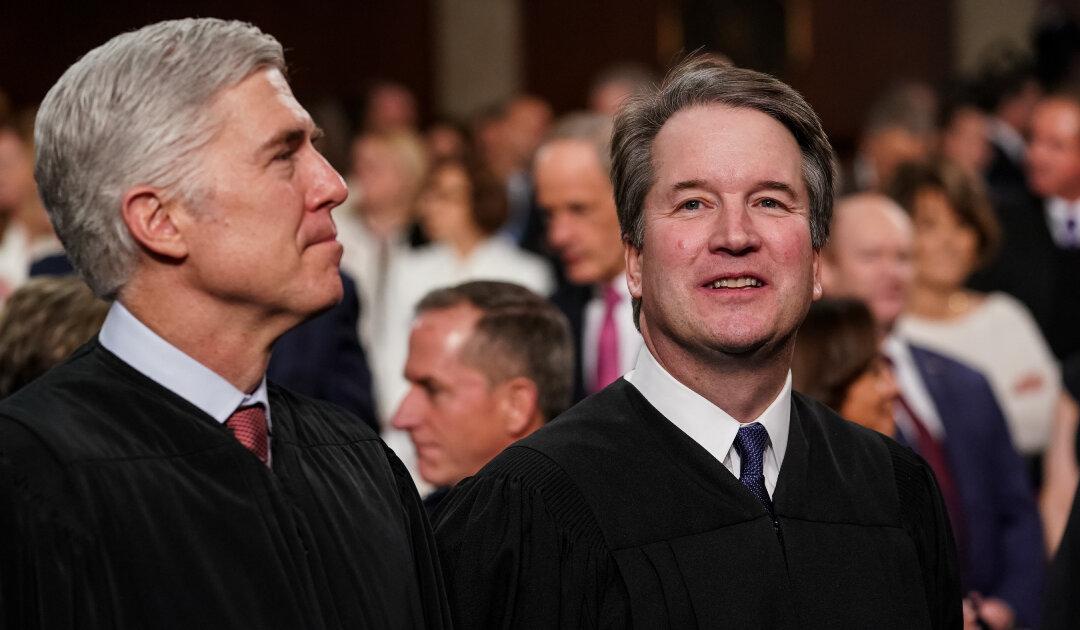Bourne is a quiet little town on the banks of the Cape Cod Canal whose 20,000 or so residents occupy Massachusetts soil that was first settled by the Pilgrims in 1627.
Cataumet United Methodist Church isn’t quite that old, but its lofty steeple has been a familiar landmark in Bourne for more than a century. The structure hosts Methodist services on Sundays and numerous other religious and secular community meetings during the week.





